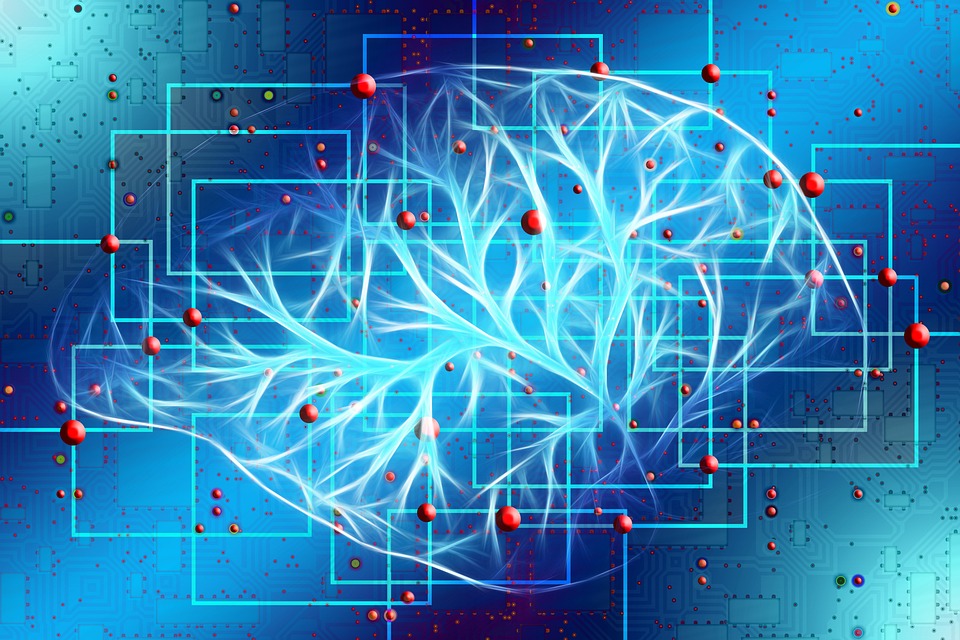The Ultimate Guide to the Best Nootropics for Cognitive Enhancement
In recent years, the interest in cognitive enhancers has surged, driven by the desire to improve mental performance, focus, and memory. Nootropics, often referred to as “smart drugs,” are substances that aim to boost brain function. This guide explores some of the most popular and effective nootropics available today, backed by research and user experiences.
Understanding Nootropics
Nootropics are a diverse group of compounds that include natural substances, synthetic drugs, and dietary supplements. They are designed to enhance cognitive functions such as memory, creativity, and motivation. While some nootropics are well-researched, others are still under investigation for their efficacy and safety.
Categories of Nootropics
- Natural Nootropics: These include herbs, amino acids, and other naturally occurring substances.
- Synthetic Nootropics: Man-made compounds that are often more potent than their natural counterparts.
- Prescription Nootropics: Medications prescribed for conditions like ADHD but used off-label for cognitive enhancement.
Popular Natural Nootropics
Natural nootropics are favored for their safety profile and minimal side effects. Here are some of the most popular options:
Bacopa Monnieri
Bacopa Monnieri is an herb traditionally used in Ayurvedic medicine. Studies suggest it may improve memory and cognitive function by reducing anxiety and enhancing brain communication.
Rhodiola Rosea
Known for its adaptogenic properties, Rhodiola Rosea helps the body adapt to stress. Research indicates it can reduce fatigue and improve mental performance, particularly in stressful situations.
Ginkgo Biloba
Ginkgo Biloba is one of the oldest living tree species, with leaves that have been used for centuries in traditional medicine. It is believed to enhance cognitive function by improving blood flow to the brain.
Effective Synthetic Nootropics
Synthetic nootropics are often more potent and can provide significant cognitive benefits. Here are some noteworthy examples:
Racetams
Racetams, such as Piracetam and Aniracetam, are among the most studied synthetic nootropics. They are thought to enhance memory and learning by modulating neurotransmitter activity in the brain.
Modafinil
Originally developed to treat narcolepsy, Modafinil is used off-label to boost alertness and cognitive function. It is popular among professionals and students for its ability to enhance focus and reduce fatigue.
Prescription Nootropics
Some prescription medications are used off-label for cognitive enhancement. While effective, they should be used with caution due to potential side effects and legal considerations.
Adderall
Adderall is a combination of amphetamine salts prescribed for ADHD. It is known to improve focus and attention but carries a risk of dependency and side effects.
Ritalin
Ritalin, another ADHD medication, is used to enhance concentration and cognitive performance. Like Adderall, it should be used responsibly under medical supervision.
Case Studies and Research
Numerous studies have explored the efficacy of nootropics. For instance, a study published in the journal Psychopharmacology found that Bacopa Monnieri improved memory recall in healthy adults. Another study in Nature highlighted Modafinil’s ability to enhance cognitive performance in sleep-deprived individuals.
These findings underscore the potential of nootropics to enhance cognitive function, though individual responses can vary.
Considerations for Use
When exploring nootropics, it’s important to weigh the benefits against potential risks. Factors such as dosage, individual health conditions, and interactions with other medications should be taken into account. Consulting with a healthcare professional is advisable before starting any new supplement regimen.
Conclusion
Nootropics offer promising benefits for cognitive enhancement, with options ranging from natural herbs to potent synthetic compounds. While research supports their efficacy, responsible use is key to maximizing benefits and minimizing risks. By understanding the different types of nootropics and their effects, individuals can make informed decisions about incorporating them into their cognitive enhancement strategies.





